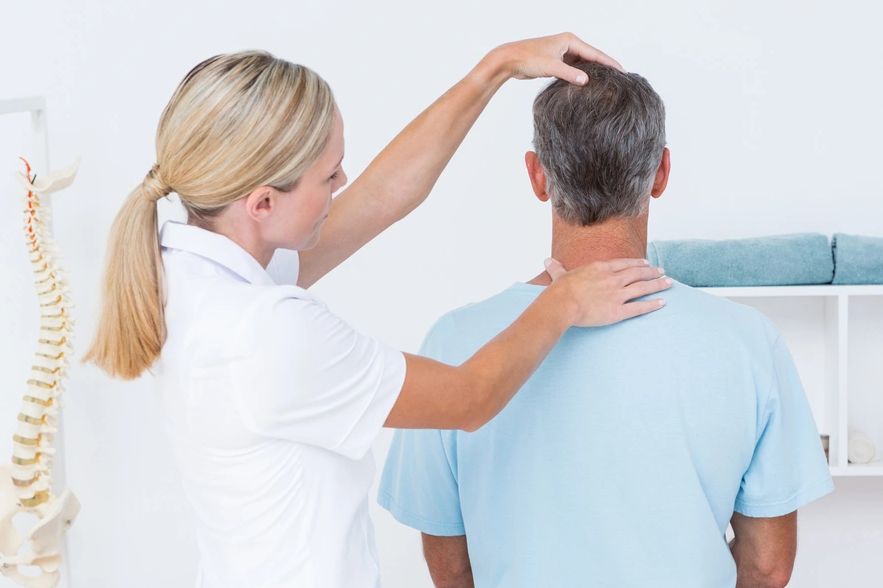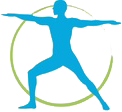
What are vestibular disorders and how can physiotherapy help?
You may or may not have heard of the term vestibular disorders but they are thought to affect millions of people in the UK.
A link between your inner ear and your brain, known as the vestibular system, is what helps you to keep your balance when you get up and walk around. When this system becomes infected or injured, it is known as a vestibular disorder.
Also referred to as balance disorders, they are generally characterised by symptoms including dizziness, vertigo, feeling off-balance and blurred vision. These symptoms can strike at any age, but predominantly affect older people.
Some of the most common disorders include labyrinthitis, which is an inner ear infection causing inflammation, and benign paroxysmal positional vertigo (BPPV), caused when calcium crystals within the inner ear become dislodged, which tricks the brain into thinking you’re moving when you’re not.
Vestibular disorders can have a huge impact on a person’s day to day life, as they may stop you doing daily activities that trigger symptoms, therefore reducing overall quality of life.
Treatment for vestibular disorders can be relatively straight forward and may be prescribed a course of antibiotics. However, because the causes and symptoms can vary from patient to patient, there is no ‘one size fits all’ approach and many sufferers require additional intervention to recover. It is therefore important you visit your GP to confirm your diagnosis and, from there, they will be able to advise the best course of treatment.
Often, physiotherapy will be used alongside medical treatment as a means to alleviate the symptoms and retrain the body to balance itself. This is known as vestibular rehabilitation – something we often treat patients for here at Physiomove.
Vestibular rehabilitation is a programme of specially designed exercises to assess the patient’s balance function and to improve balance and mobility, encouraging the central nervous system to compensate for problems in the inner ear.
Following an examination to gain a thorough understanding of the condition and symptoms, a tailored course of exercises will be put together to ensure it is specific to your needs, and will normally include a number of exercises to complete at home. Treatment usually involves a range of head, neck and eye movements and exercises to improve balance when standing and walking. More specific techniques may be advised depending on the condition.
Some exercises may initially bring on symptoms of the disorder as the body relearns certain movements and readjusts itself, but these should ease within a few sessions and then you should see an improvement in your condition.
Treatment will also offer advice about how you can manage the condition in your day to day life, such as preventing dizzy spells and falls as well as increasing confidence in carrying out tasks that may have triggered symptoms.
For more information about our vestibular rehabilitation services or if you think you would benefit from treatment for vestibular conditions, please visit our Contact Us page to get in touch with our expert team.











